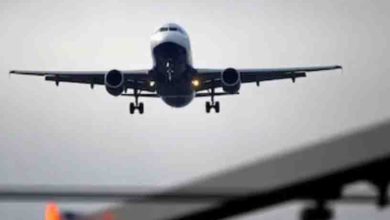Pakistan is annoyed with a UAE Minister sharing a video clip on the India-Middle East-Europe Economic Corridor which depicts a map showing the entire UT of J&K as part of India. The map includes Gilgit Baltistan and Pakistan Occupied Kashmir on which Islamabad has administrative control. On the other hand, in a brief mention of the Corridor, US President Joe Biden said pipelines in the Mediterranean will also be subsumed into the project while the US State Department hailed the third anniversary of the Abraham Accords which made this initiative possible. “Any map showing the entire J&K as part of India is legally untenable and factually incorrect. We hope that our international partners will pay due attention to these facts,” said Pakistan Foreign Office spokesperson Mumtaz Zahra Baloch when asked about the map released by the UAE Minister from the ruling clan and Deputy Prime Minister Saif bin Zayed Al Nahyan. Baloch went on to claim that the erstwhile princely state of J&K is an internationally recognised disputed territory whose final disposition is to be made in accordance with the relevant UN Security Council resolutions and aspirations of the Kashmiri people. “It is also an established fact that Azad J&K and Gilgit Baltistan, shown in the said Indian map, are under Pakistan’s control,” she added. On the connectivity project from which Pakistan has been excluded, the spokesperson said it is at the stage of conception. “So, we will be in a position to comment once this project materialises. We believe that decisions on different connectivity projects should be made on a case-to-case basis, keeping in view a number of factors including the implication for other countries,” she observed. Meanwhile, the US State Department has hailed the third anniversary of the signing of the historic Abraham Accords on Friday. It led to the normalisation between Israel, the UAE, Bahrain and Morocco and also triggered subsequent partnerships such as the Negev Forum and I2U2 partnership (India, Israel, the UAE and the US). The I2U2, in turn, catalysed the India-Middle East-Europe Economic Corridor which, it said, intends to “strengthen shared capabilities and foster the collaboration necessary to meet today’s pressing challenges and opportunities.”
